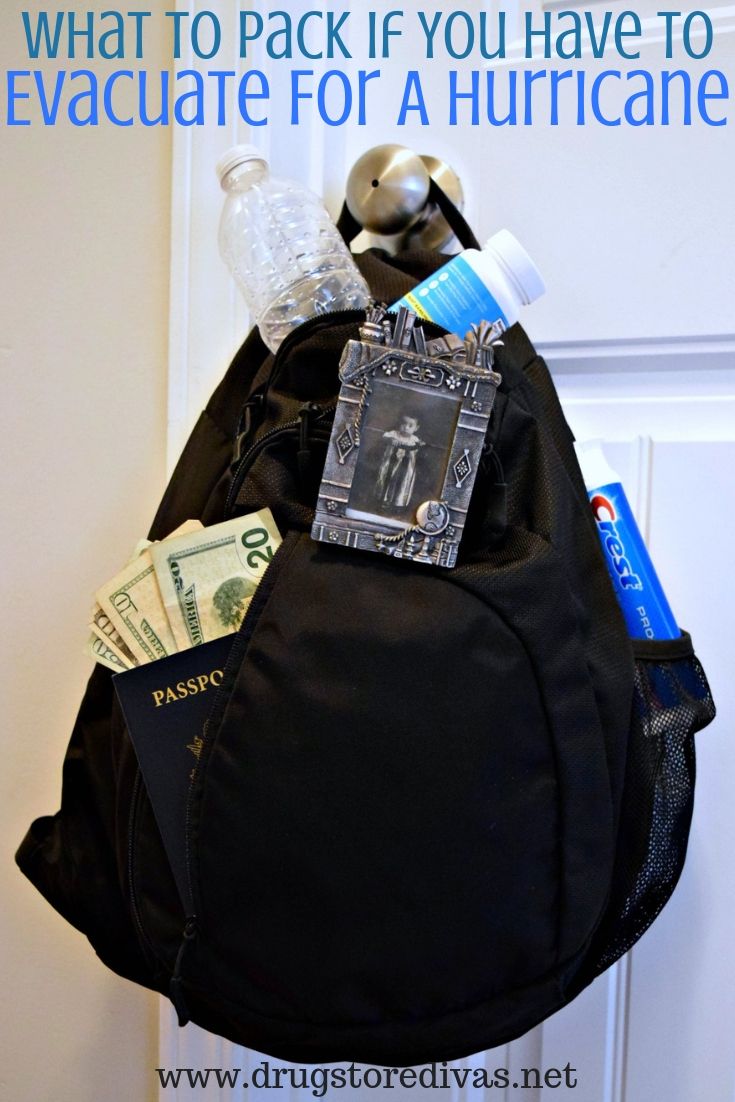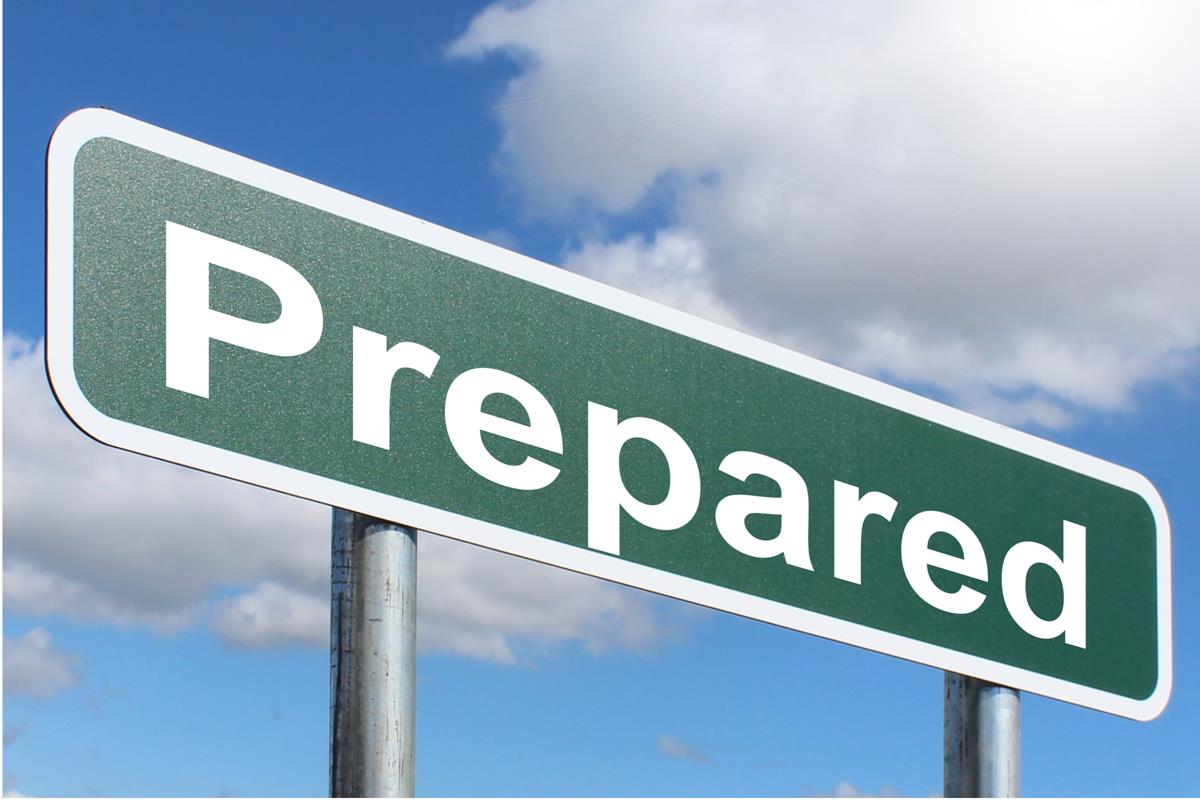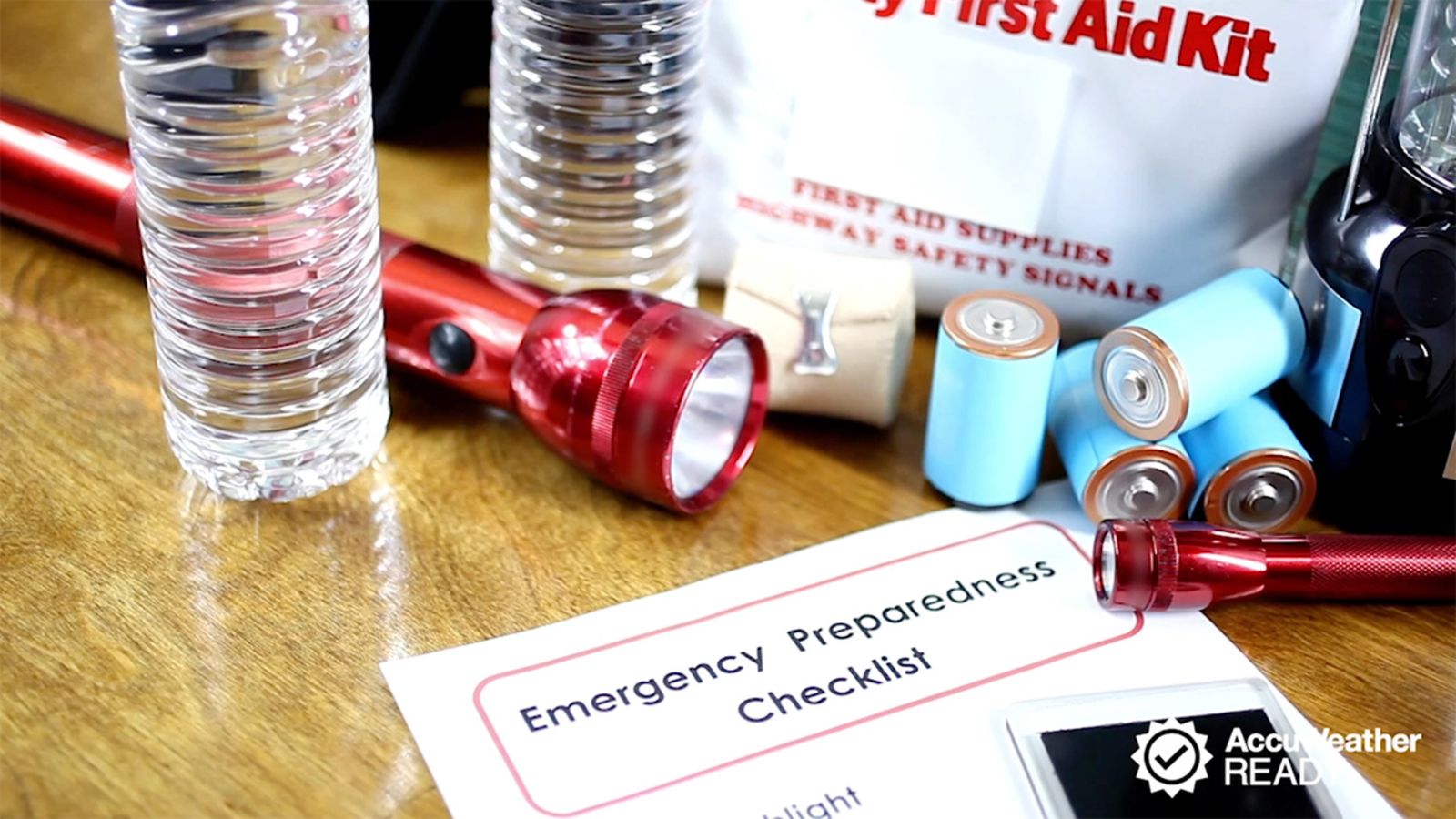Surviving in various environments and situations requires a comprehensive understanding of the essential elements necessary for sustenance and well-being. While the specific items required for survival may vary depending on the context, certain fundamental needs remain constant.

1. Water:
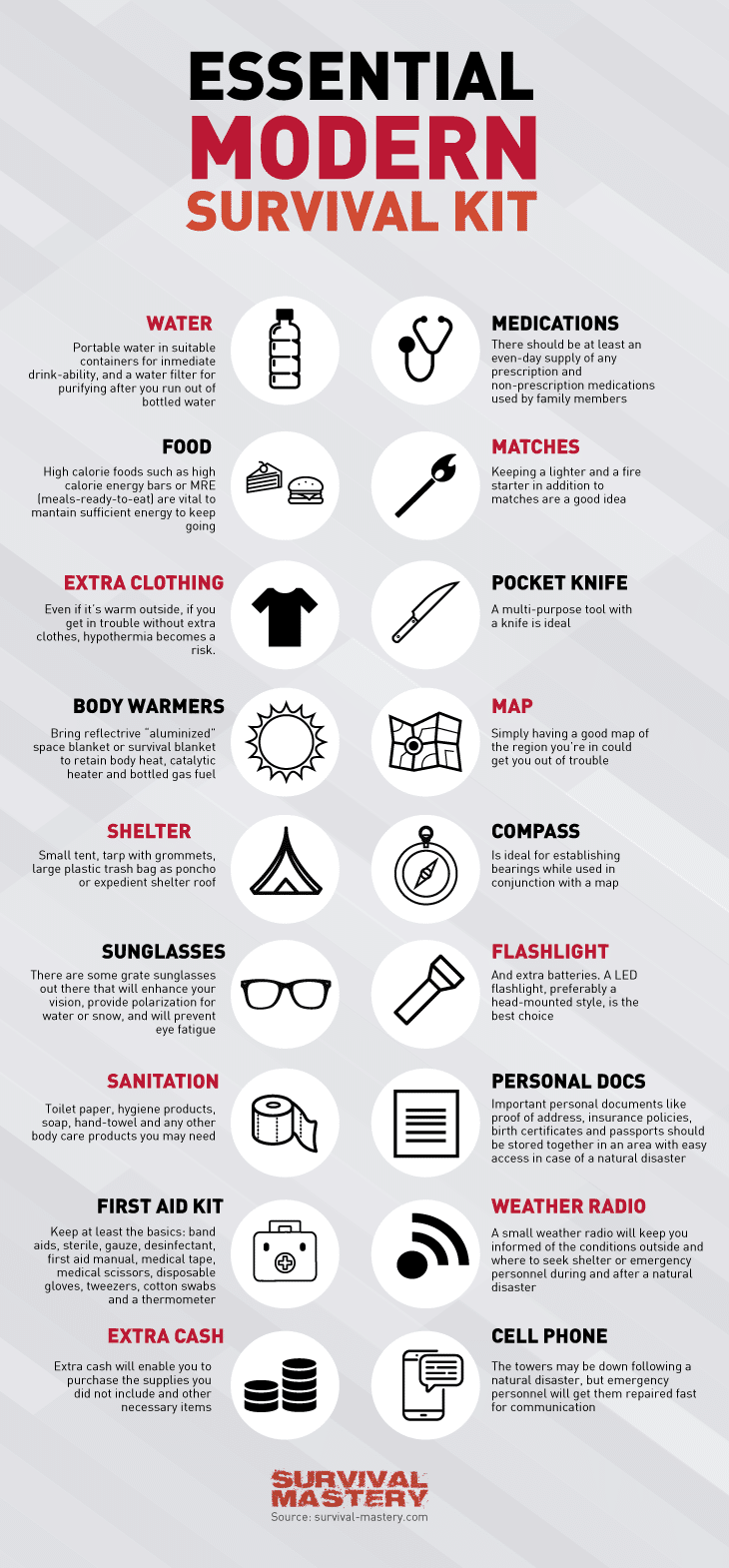
Water is paramount for survival, as it comprises a large percentage of the human body and is essential for various physiological processes. In the absence of water, dehydration can occur rapidly, leading to adverse health effects and even death. Therefore, securing access to clean and potable water is a top priority in any survival situation.
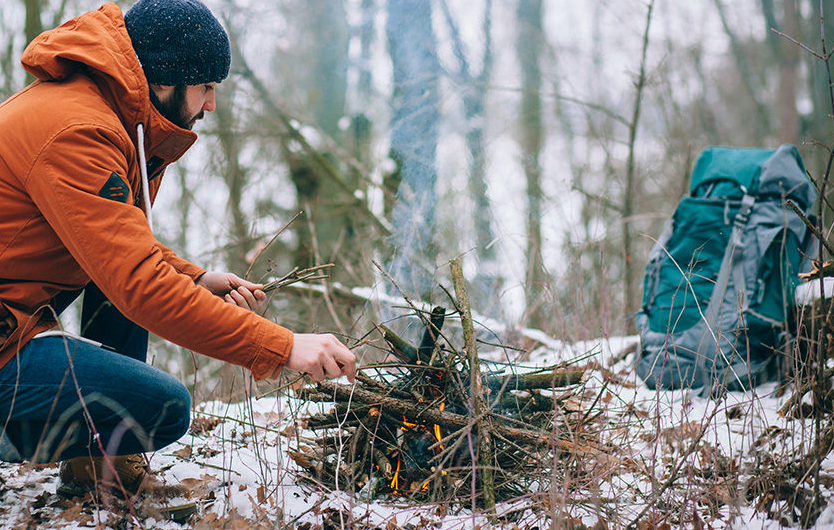
2. Food:
Food provides the body with the energy and nutrients required for growth, repair, and maintenance of bodily functions. A balanced diet consisting of carbohydrates, proteins, fats, vitamins, and minerals is essential for optimal health. In survival scenarios, it may be necessary to rely on alternative food sources such as scavenged plants, insects, or animals.
3. Shelter:
Shelter is crucial for protection against harsh weather conditions, predators, and other hazards. It can provide warmth, dryness, and a sense of security. Depending on the environment, shelter can take various forms, such as tents, caves, or natural formations.
4. Fire:
Fire serves multiple purposes in survival situations. It can be used for cooking, providing warmth, purifying water, deterring predators, and signaling for help. Fire also plays a psychological role, offering comfort and a sense of control in challenging circumstances.
5. Clothing:
Clothing protects the body from environmental elements such as cold, heat, rain, and wind. It also provides a layer of protection against insects, bites, and other hazards. Appropriate clothing can help regulate body temperature and maintain comfort.
6. First Aid:
A basic first aid kit is essential for treating minor injuries, infections, and ailments. It should contain necessary supplies such as bandages, antiseptic wipes, pain relievers, and antibiotics. First aid knowledge can help prevent minor problems from escalating into serious health issues.
7. Navigation:
In unfamiliar or wilderness areas, navigation tools are vital for finding one’s way and avoiding getting lost. A map, compass, and GPS device can help individuals determine their location and plan safe routes of travel.
8. Communication:
Communication devices such as a radio or satellite phone can be lifesaving in emergency situations. These tools allow individuals to call for help, coordinate rescue efforts, and stay connected with others.
9. Tools:
Basic tools such as a knife, multi-tool, and flashlight are invaluable in survival scenarios. They can be used for various tasks such as preparing food, building shelter, repairing equipment, and more.
10. Personal Hygiene:
Maintaining personal hygiene is crucial for preventing infections and diseases. A basic hygiene kit should include items like soap, toothbrush, toothpaste, and hand sanitizer. Proper hygiene practices can help boost overall health and well-being.
Remember, the specific items required for survival will vary depending on the environment, climate, duration of the situation, and individual needs. It is essential to carefully consider the potential challenges and risks associated with any survival scenario and prepare accordingly.







